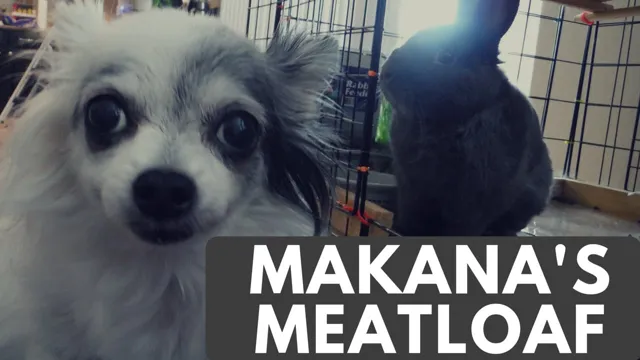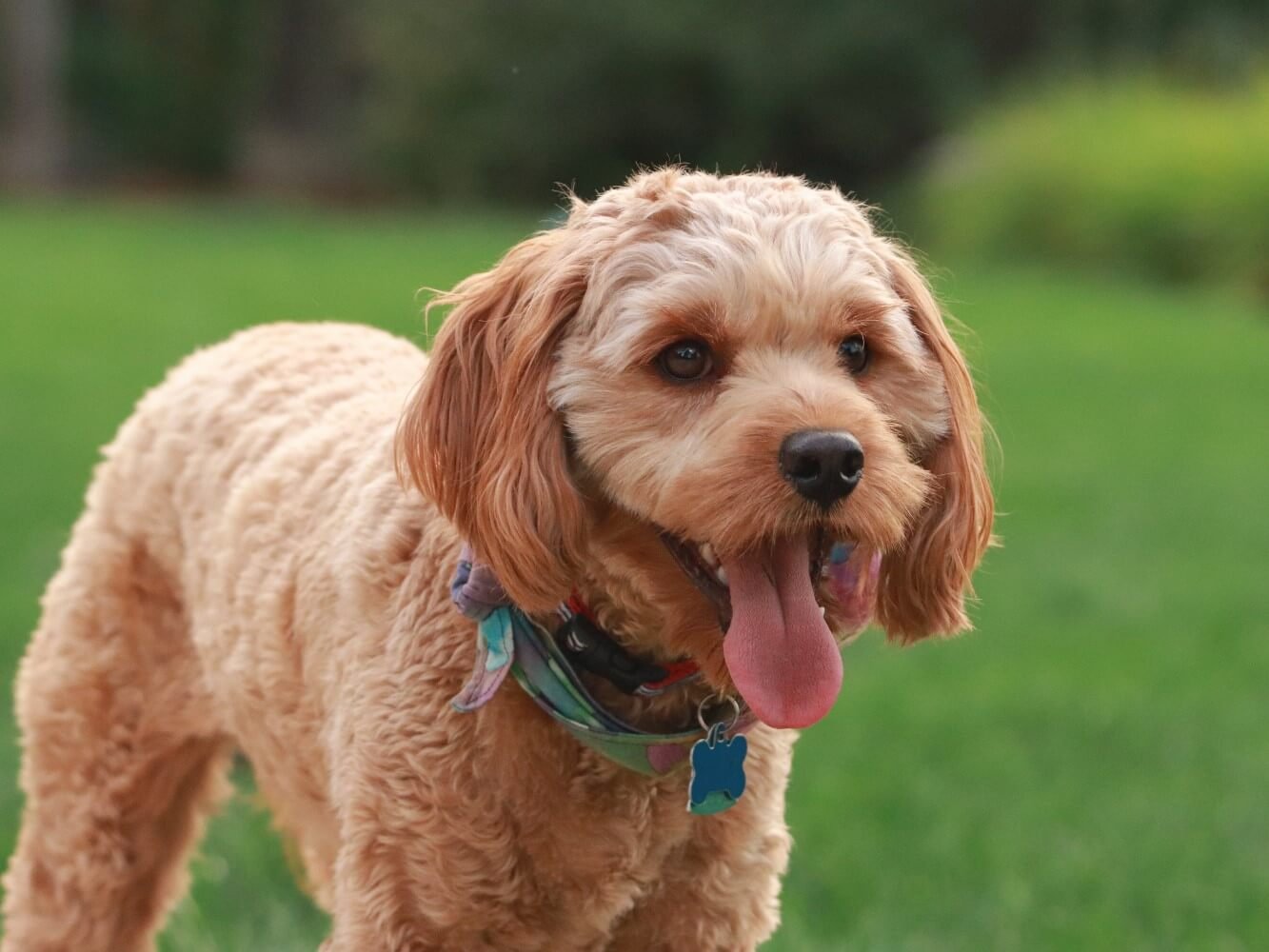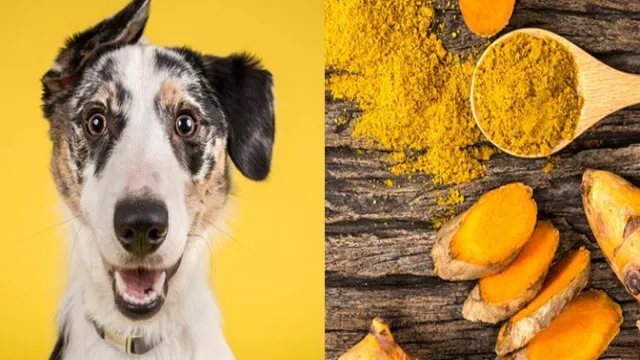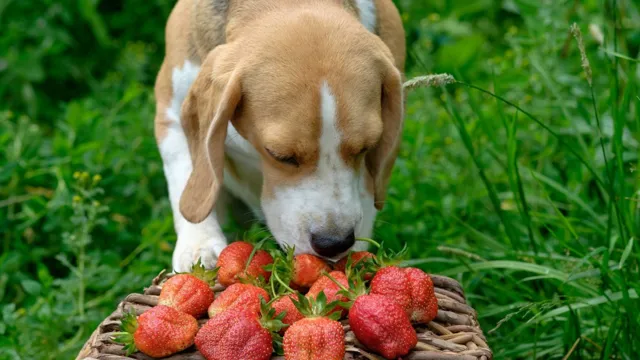Can Dogs Safely Enjoy Nuts and Seeds? A Guide for Pet Owners
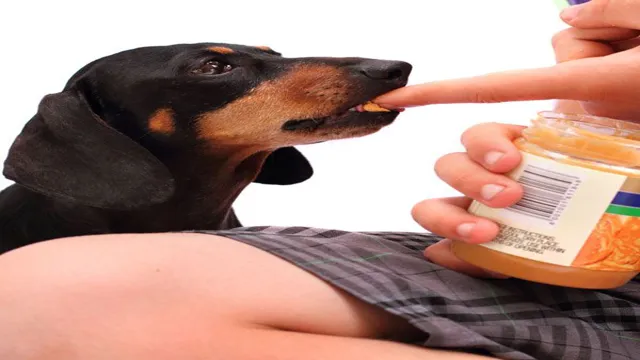
Are you wondering if it is safe for your furry friend to snack on nuts and seeds? We are here to help you understand the potential benefits and risks that come with feeding your pup nuts and seeds. Nuts and seeds are a great source of essential vitamins, minerals and antioxidants, but some are not suitable for dogs to eat. We will explore the types of nuts and seeds that are safe for your pup and the ones that should be avoided. So, keep reading to learn all about nuts and seeds for your pup!
Benefits of Feeding Nuts & Seeds to Dogs
When it comes to the diet of your pet, it’s important to be aware of the benefits and risks of any food you choose to provide. Nuts and seeds are a great source of protein and essential fatty acids for dogs, but it is important to know which types are safe and which are potentially harmful. Nuts in moderation are an excellent source of essential fatty acids, which can help support healthy skin and coat. They can also provide a great source of protein, helping to maintain muscle tone. Additionally, many nuts are high in fiber, which can help to keep your pup regular.
When it comes to seeds, they are a great source of protein, minerals, vitamins, and essential fatty acids. They also contain antioxidants, which can help to keep your pup healthy. Pumpkin, sunflower, and chia seeds are excellent for your pup’s diet. When feeding your pet nuts or seeds, it is important to always be aware of the size of the treat and the type of nut or seed. Always avoid feeding macadamia nuts, as they can be toxic to dogs.
Additionally, you should avoid giving your pup large chunks of any nut or seed, as they can be a choking hazard. It’s also important to note that nuts and seeds are high in fat and calories, so they should be limited to no more than 10% of your pup’s daily diet. Additionally, it’s a good idea to introduce a variety of different nuts and seeds as treats, so that your pup can benefit from the different nutritional benefits they offer. Overall, nuts and seeds are a great addition to your pup’s diet, as long as you keep an eye on the size and type of nut or seed and limit the amount of them you give. As with any treat, it’s important to monitor your pup’s reaction and stop feeding them if any adverse reactions occur.
Nutritional Value
Nuts and seeds are often a source of much debate when it comes to determining their nutritional value for dogs. On one hand, they are a great source of healthy fats, proteins, vitamins, and minerals. On the other hand, many nuts and seeds can be difficult for dogs to digest and can even cause digestive upset or even worse, an allergic reaction. To determine if your pup can safely enjoy these tasty treats, it is important to know the types of nuts and seeds that are safe, as well as the proper dosage to give. Keep in mind that while nuts and seeds are a delicious snack, they should never replace a balanced diet of fresh, whole foods.
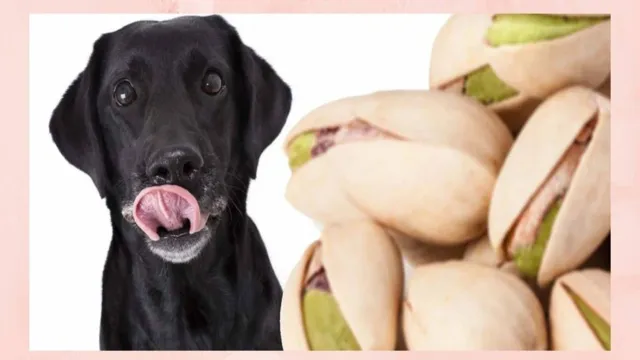
Digestive Health
Dogs are known for their love of treats, and while there are certain foods that are not safe to give them, nuts and seeds can be a great addition to their diet. Not only are they a source of essential vitamins and minerals, but they also provide a crunchy, tasty snack that will keep your pup happy. However, it’s important to be aware of the type of nuts and seeds that are safe to give your canine companion, as some can be harmful to their digestive health. Stick to small amounts of plain, unsalted nuts and seeds like almonds, cashews, sunflower seeds, and pumpkin seeds to ensure your pup is safe and healthy while they enjoy their snack.
Types of Nuts & Seeds Dogs Can Eat
Nuts and seeds are a great snack for humans, but can they be shared with our canine friends? The answer is yes – as long as they are fed in moderation and offer a nutritional benefit to our furry pals. Nuts and seeds are packed with a variety of vitamins, minerals and fatty acids that can be beneficial to a dog’s health. Not only are they a great source of protein, but they also offer a variety of antioxidants and other compounds that can help keep your pup feeling their best. When it comes to feeding nuts and seeds to your dog, it is important to remember that moderation is key. Too many can upset the delicate balance of their system and lead to health problems.
It is also important to avoid nuts and seeds that are high in fat or salt as these can cause digestive issues. The most popular nuts and seeds that are safe for dogs to eat are almonds, cashews, pumpkin seeds, sunflower seeds, and walnuts. Almonds are an excellent source of protein, vitamin E, and magnesium and can help keep your pup’s coat shiny and healthy. Cashews are a good source of protein and healthy fats, while pumpkin seeds are packed with vitamins, minerals and antioxidants. Sunflower seeds provide a good source of vitamin E and healthy fats, while walnuts are a great source of omega-3 fatty acids.
If you choose to feed your pup nuts and seeds, make sure they are unsalted, unprocessed, and with no added sugar or preservatives. It is also important to be aware of any allergies your pup may have before feeding them any type of nut or seed. Nuts and seeds can be a great addition to your pup’s diet, but always remember to keep it in moderation and to offer only the types that are safe for them. With the right nutrition, your pup can enjoy all the benefits of these tasty snacks!
Peanuts
It’s no secret that dogs love snacks, and nuts and seeds can be a healthy option for them. But can dogs eat nuts and seeds? The answer is yes, but you should be mindful of the type and the amount of nut or seed you give your pup. Peanuts, for example, are generally safe for dogs to consume in moderation, but if your pup is prone to allergies, you should avoid giving them any peanuts at all. Nuts like cashews, almonds, and walnuts can be high in fat, so it’s best to speak to your veterinarian before offering these snacks to your canine companion. Seeds, such as sunflower, chia, and pumpkin, are generally safe for dogs to consume, but can be a choking hazard, so be sure to break them into small pieces before serving.
Almonds
Almonds are a popular nut that is enjoyed by many, but can dogs eat them? The answer is yes and no. Yes, because almonds are not toxic for dogs, and no, because they can be a choking hazard. Nuts and seeds can also be difficult for dogs to digest, so it’s generally best to avoid giving them to your pup. If you do decide to give your dog almonds, make sure to break them into small pieces to avoid any choking hazards. Additionally, it’s important to keep an eye on your pet as they snack, to make sure they don’t swallow too many at once.
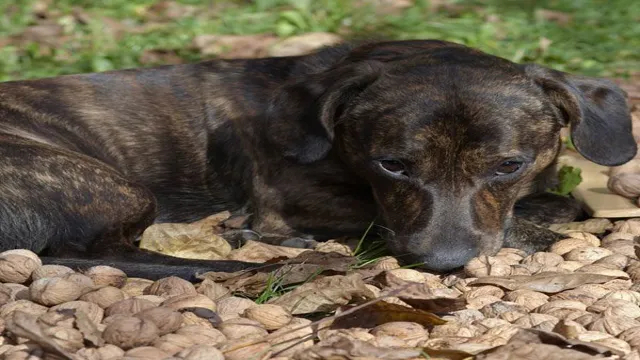
Pumpkin Seeds
Have you ever thought about giving your dog a nutritious and tasty treat? Pumpkin seeds are a great option! While you may think that dogs can’t eat nuts and seeds, pumpkin seeds are actually safe for dogs to consume. Not only are they a great source of protein and fiber, they also contain essential fatty acids and minerals such as zinc and magnesium. Additionally, they’re low in fat and cholesterol, making them a healthier treat than some other options. So next time you have a pumpkin, save some of the seeds for your pup and watch them enjoy a tasty and nutritious snack!
Risks of Feeding Nuts & Seeds to Dogs
Feeding your dog certain types of nuts and seeds can be risky and may even cause serious health problems. While they may seem like a healthy snack, they can contain high amounts of fat and oils, as well as other chemicals that can be toxic to your pup. Nuts and seeds are high in fat and calories and can cause digestive upsets if fed in large amounts. They can also contain toxins like aflatoxins, a type of fungus that can cause liver damage. Some nuts, like macadamia nuts, can even cause neurological issues.
Seeds, such as sunflower and pumpkin, are a choking hazard and can cause intestinal blockages if swallowed whole. Additionally, many types of seeds contain compounds that can be toxic to dogs, such as theobromine and caffeine, which can cause digestive issues and other health complications.
It is also important to consider the type of nut or seed being fed to your pup. Some nuts, such as almonds, are safe to feed in moderation, while others such as walnuts, pecans and pistachios may contain higher levels of toxins and should be avoided. Overall, it is best to avoid feeding nuts and seeds to your pup unless they are specifically recommended by your veterinarian.If you decide to feed your pup nuts or seeds, it is important to do so in moderation and to monitor them closely for any potential adverse reactions. If your pup experiences any digestive issues or other health problems, it is best to discontinue feeding them and contact your veterinarian.
Choking Hazards
We often think of nuts and seeds as a healthy snack, but they can be a major choking hazard for our beloved canine companions. While some nuts and seeds are safe for dogs to eat, such as peanuts and pumpkin seeds, others, like almonds and walnuts, can cause serious harm if not chewed thoroughly. Additionally, the shells of nuts and seeds can present a choking hazard and should never be given to dogs. To be safe, it’s best to only give your pup nut and seed treats that have been specially designed for canine consumption.
Allergies
If you’ve ever wondered if it was safe to feed your pup nuts and seeds, the answer is a resounding no! Dogs can suffer from allergies to certain types of nuts and seeds, and even if they don’t, the high fat content can lead to weight gain, pancreatitis, and other health issues. It’s better to stick to a healthy diet with quality dog food and avoid giving your pup any nuts or seeds.
Conclusion
Nuts and seeds are generally not recommended for dogs, as they can be hard to digest and some contain toxins that are harmful to them. However, some types of nuts and seeds can be safe for dogs, as long as they are given in moderation. So, when it comes to nuts and seeds, the best advice for canine companions is to err on the side of caution and leave them in the pantry.”
FAQs
Can dogs eat nuts?
Yes, dogs can eat nuts in moderation, however, they should not be given large amounts due to their high fat content.
Can dogs eat seeds?
Yes, many types of seeds are safe for dogs but it is important to check the ingredients list before feeding them to your pet.
Are nuts and seeds healthy for dogs?
Moderation is key when it comes to nuts and seeds. They can provide essential vitamins and minerals, but need to be given in moderation due to their high fat content.
What type of nuts can dogs eat?
Dogs can safely eat unsalted peanuts, almonds, cashews, walnuts, and pecans in moderation.
What type of seeds can dogs eat?
Sunflower seeds, pumpkin seeds, and flaxseeds are all safe for dogs to eat in moderation.
Are there any nuts and seeds that should be avoided?
Macadamia nuts and large amounts of any type of nut or seed should be avoided as they can be toxic to dogs.
